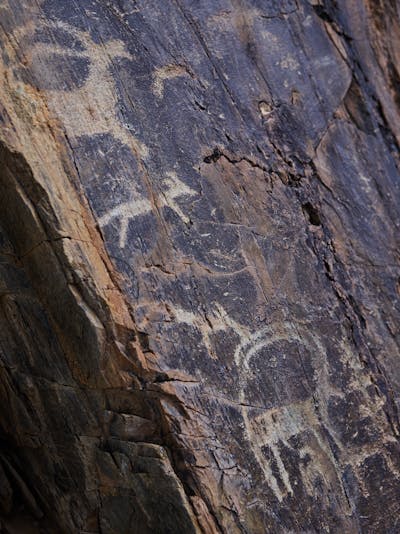Introduction
Human history is a rich tapestry of events, ideas, and people that have shaped our world. From the earliest civilizations to the modern era, the story of humankind is one of progress, conflict, and discovery.
Ancient Civilizations
The earliest known civilizations emerged around 5000 BCE in Mesopotamia, the area that is now modern-day Iraq. The Sumerians, Akkadians, and Babylonians created complex societies with writing, religion, and advanced technological innovations like irrigation systems. In ancient Egypt, the Pharaohs ruled over a powerful civilization with impressive architectural achievements like the pyramids.
Classical Antiquity
In classical antiquity, Greek city-states like Athens and Sparta rose to prominence, making significant contributions to fields like philosophy, politics, and the arts. The Roman Republic and later the Roman Empire expanded their reach throughout the Mediterranean and Europe, bringing new ideas and technologies to the regions they conquered.
The Middle Ages
The fall of the Western Roman Empire in the 5th century CE marked the beginning of the Middle Ages. During this time, feudal systems dominated Europe and the Catholic Church played a significant role in politics and culture. The Crusades, a series of religious wars fought in the 11th and 12th centuries, had a lasting impact on the region and helped to spur the growth of commerce and trade.
The Renaissance and Enlightenment
The 14th to 17th centuries saw the rise of the Renaissance, a period of great cultural and intellectual awakening in Europe. During this time, artists and intellectuals rediscovered the ideas and innovations of classical antiquity, leading to new discoveries and advances in fields like science, art, and architecture. The Enlightenment in the 18th century was a movement that emphasized reason, science, and individual rights, and it had a profound impact on the political and social landscape of Europe and the Americas.
The Industrial Revolution
In the late 18th and early 19th centuries, the Industrial Revolution brought significant changes to the world, as new inventions and technological innovations transformed the way people lived and worked. The growth of industrial production led to increased urbanization and the rise of the working class, bringing new challenges and opportunities to society.
The Modern Era
The 20th century was marked by two World Wars, the rise of totalitarian regimes, and the beginning of the Cold War between the Western powers and the Soviet Union. The collapse of the Soviet Union in 1991 marked the end of the Cold War and the beginning of a new era of globalization and technological advancement. Today, humanity continues to face challenges and opportunities, from climate change and inequality to technological innovation and cultural exchange.
Conclusion
Human history is a complex and fascinating story of progress, conflict, and discovery. From the earliest civilizations to the present day, our species has constantly evolved and adapted to new challenges and opportunities. Whether we are exploring the depths of space or making advances in medicine, our journey through time is a testament to the power of human ingenuity and resilience.
![In the Know with Informium: Discovering [The World] In the Know with Informium: Discovering [The World]](https://blogger.googleusercontent.com/img/a/AVvXsEgcDyR0p1ytrjUEjbVNRJ1Rt66C4X1HYJkQZjuSh_BLJNHQVjppjSqTkcbP2tqgWZ84RhZMkFxCHCC-SxGuMPnSww7DG8x0MVE6d7sDvaEGkbPJuvtq_uY2i7hHDjuprQUzeDt2QcAcWChEFl49Huojm3fLHYpSjoXabD75WmhgSI2yfCktm3WuB86PMQ=s150)
